We are in Earth month, Spring is in the air, music’s in the air and cherry blossoms are putting on a show. The trees and bushes are sprouting their light green buds and we are surrounded by Mother Earth’s beauty. Animals and birds scurry about for food, picking at the ground for insects and seeds. The ecosystems are working in harmony and concurrent to this, Community and school gardens are gearing up to start planting for the season. According to the American Farm Bureau Foundation for Agriculture, research shows school gardens have a positive impact on student learning, health, and nutrition. Gardening helps students become more engaged, as it is an immersive experience which teaches them valuable skills while establishing a greater sense of community. Our guest on this episode is Paul Clarke, a retired Special Ed teacher in NYC for over 25 years, who now works part-time as the Garden Coordinator of the Vito Marcantonio Community Peace Garden, an ongoing project he brought to life originally at P. S. 50, now Central Park East II. Paul is also a life-long song writer, and he calls his genre Theatrical Pop with Conscience. Before he began teaching, Paul participated in Music Under New York, an MTA-sponsored program that promotes subway musicians. He also wrote and performed musicals with homeless New Yorkers via a not-for-profit Manhattan community outreach program. We play his tune Build A Bridge, which has beautiful music and lyrics. Paul believes that beauty, nature, and kindness are powerful healers in our broken world. For more info go to paulclarkesongs.com. To get additional info about school gardens in NYC go to GrowNYC.org. To listen to past TMSOG shows go to HudsonRiverRadio.com and Malcolmpresents.com. Follow The Many Shades of Green on Facebook, Instagram and Threads @tmshadesofgreen. Listen to TMSOG podcast on all major podcast apps. #RaiseYourEcoConsciousness
TMSOG is proud to be on Feedspot’s list of the 50 Best Environmental Podcasts to follow in 2024 https://podcasts.feedspot.com/environmental_podcasts/


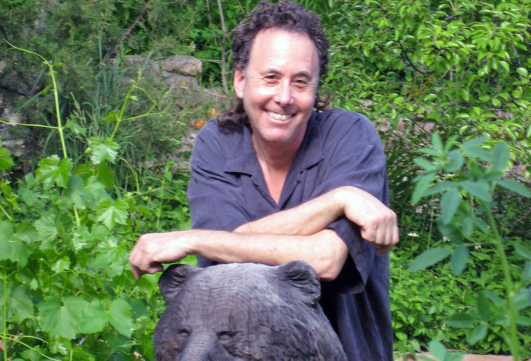
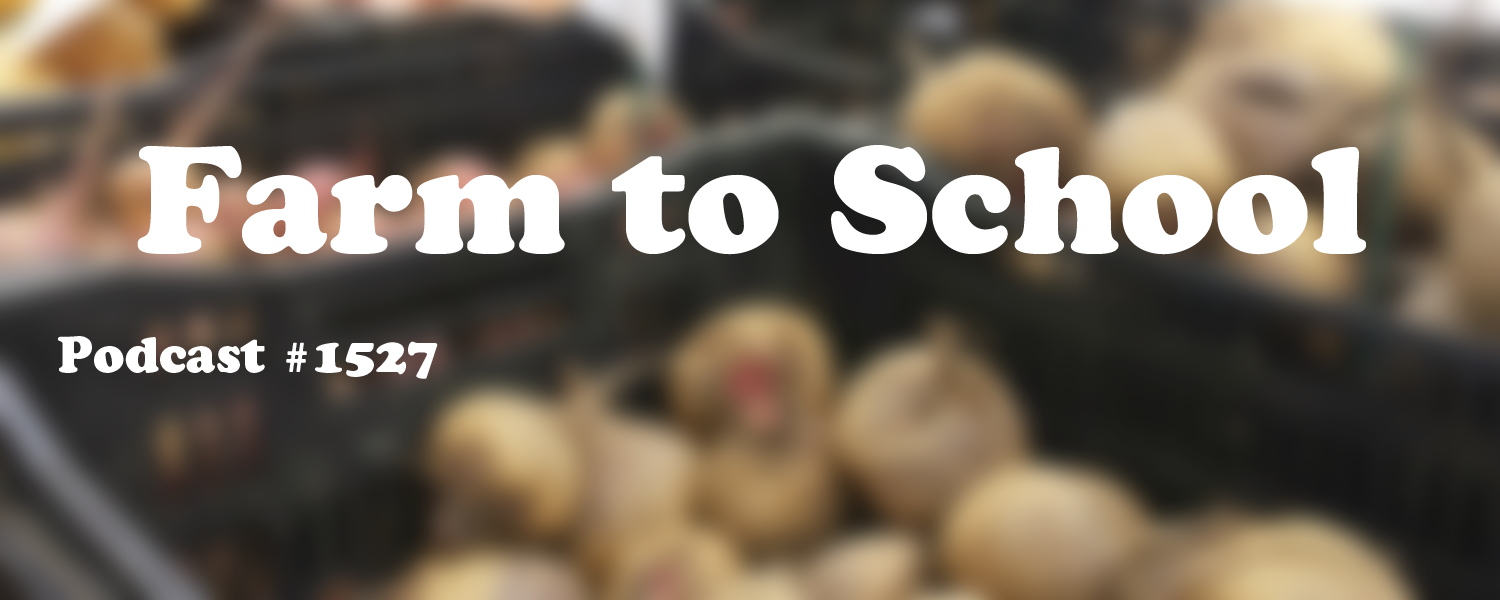
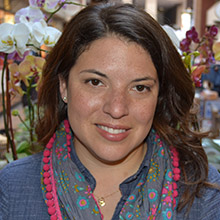 According the the Center for Disease Control and Prevention, childhood obesity has more than doubled in children and quadrupled in adolescents within the past 30 years. Enter the National Farm to School Network, which is working to bring local, fresh foods to school across the U.S., in an effort to reduce obesity, and bring healthy food choices to cafeteria menus. My guest this week is Jaime Lockwood, Development Director at the Farm to School Network, which helps connect local farmers with schools, chefs to cafeterias, and students to gardens. We talk about the importance of the Farm to School Act of 2015, and discuss how chefs inspire healthy eating, environmental awareness, and fitness via
According the the Center for Disease Control and Prevention, childhood obesity has more than doubled in children and quadrupled in adolescents within the past 30 years. Enter the National Farm to School Network, which is working to bring local, fresh foods to school across the U.S., in an effort to reduce obesity, and bring healthy food choices to cafeteria menus. My guest this week is Jaime Lockwood, Development Director at the Farm to School Network, which helps connect local farmers with schools, chefs to cafeterias, and students to gardens. We talk about the importance of the Farm to School Act of 2015, and discuss how chefs inspire healthy eating, environmental awareness, and fitness via 
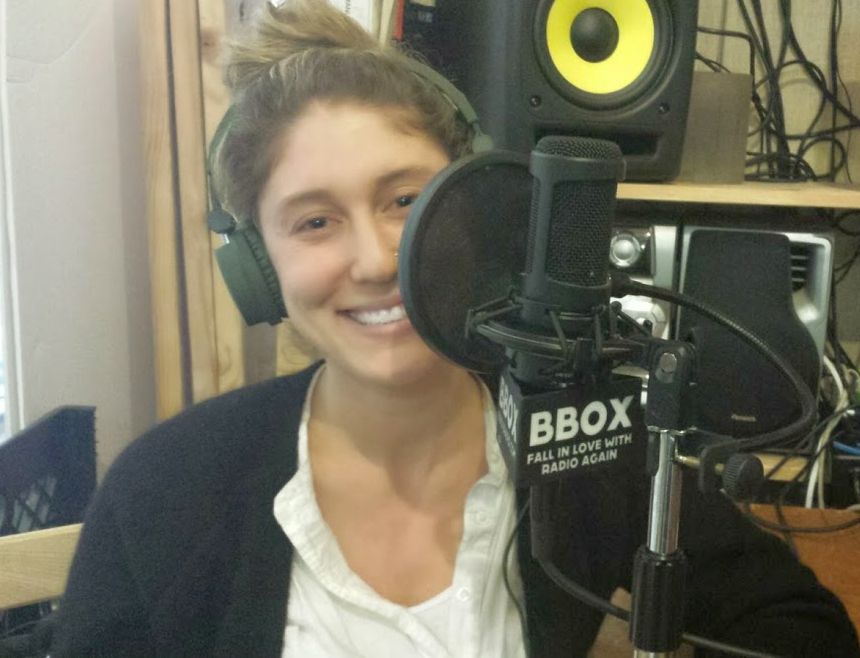 When your mom yelled “eat your veggies” she was definitely on to something. My guest this week is Ashley Spivak, Director of Restaurant Guides at Clean Plates. We discuss the importance of a well balanced, plant based eating regimen, that will lead to a healthier you. An 80/20 diet of 80% good stuff (vegetables, fruits, whole grains and protein), and 20% of the foods that make you smile (pie, cookies, mac and cheese) is a good formula to follow. Bio-individuality indicates that there is no right way to eat, not every person is the same, and diets and food choices affect different body types in different ways. The Clean Plates Food Guide lists restaurants that are more conscious about where they source their produce, meats, grains, as well as the taste of the food, the prep and the atmosphere. Making informed choices whether eating out or in is essential to being a healthier, smarter and cleaner eater. For more info about Clean Plates online publications, guides, phone apps and recipes, go to
When your mom yelled “eat your veggies” she was definitely on to something. My guest this week is Ashley Spivak, Director of Restaurant Guides at Clean Plates. We discuss the importance of a well balanced, plant based eating regimen, that will lead to a healthier you. An 80/20 diet of 80% good stuff (vegetables, fruits, whole grains and protein), and 20% of the foods that make you smile (pie, cookies, mac and cheese) is a good formula to follow. Bio-individuality indicates that there is no right way to eat, not every person is the same, and diets and food choices affect different body types in different ways. The Clean Plates Food Guide lists restaurants that are more conscious about where they source their produce, meats, grains, as well as the taste of the food, the prep and the atmosphere. Making informed choices whether eating out or in is essential to being a healthier, smarter and cleaner eater. For more info about Clean Plates online publications, guides, phone apps and recipes, go to 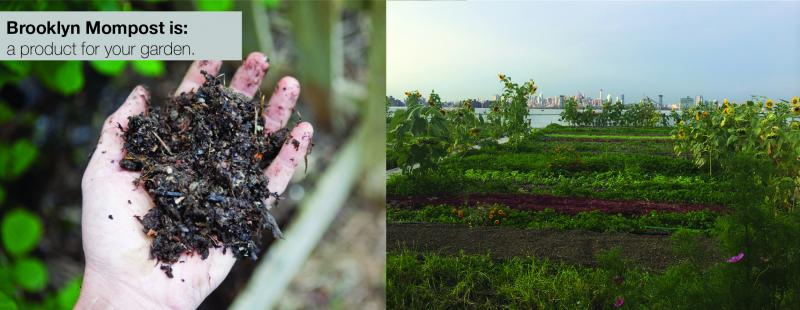
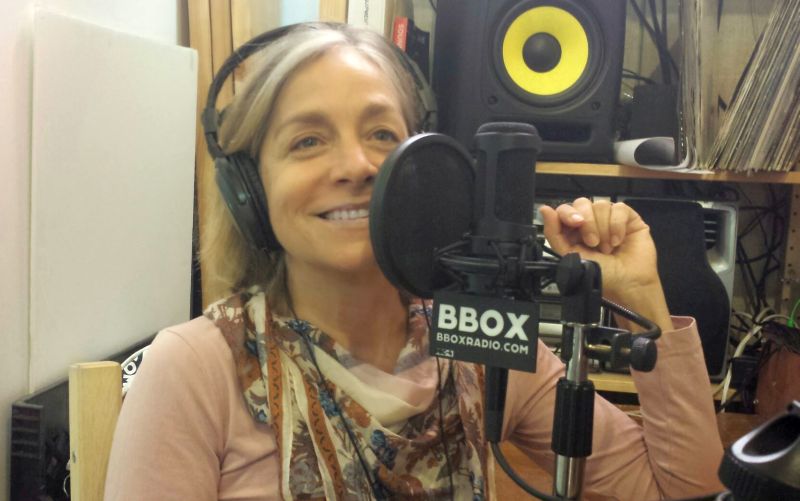 My guest this week is Annie Hauck-Lawson, author, nutritionist, master composter and the current Greening Director at Poly Prep Country Day School in Brooklyn. Annie co-edited the book Gastropolis: Food and New York City, and founded Brooklyn Mompost. She created the term “Food Voice,” and her recollections of her upbringing in Brooklyn, foraging for edibles in Prospect Park, fishing off the Brooklyn Coast, and starting one of the first Natural Food pushcarts in Brooklyn gives us great insight into her upbringing, which shaped her vision of the importance and connection we all have to food and nature. To get more information go to
My guest this week is Annie Hauck-Lawson, author, nutritionist, master composter and the current Greening Director at Poly Prep Country Day School in Brooklyn. Annie co-edited the book Gastropolis: Food and New York City, and founded Brooklyn Mompost. She created the term “Food Voice,” and her recollections of her upbringing in Brooklyn, foraging for edibles in Prospect Park, fishing off the Brooklyn Coast, and starting one of the first Natural Food pushcarts in Brooklyn gives us great insight into her upbringing, which shaped her vision of the importance and connection we all have to food and nature. To get more information go to 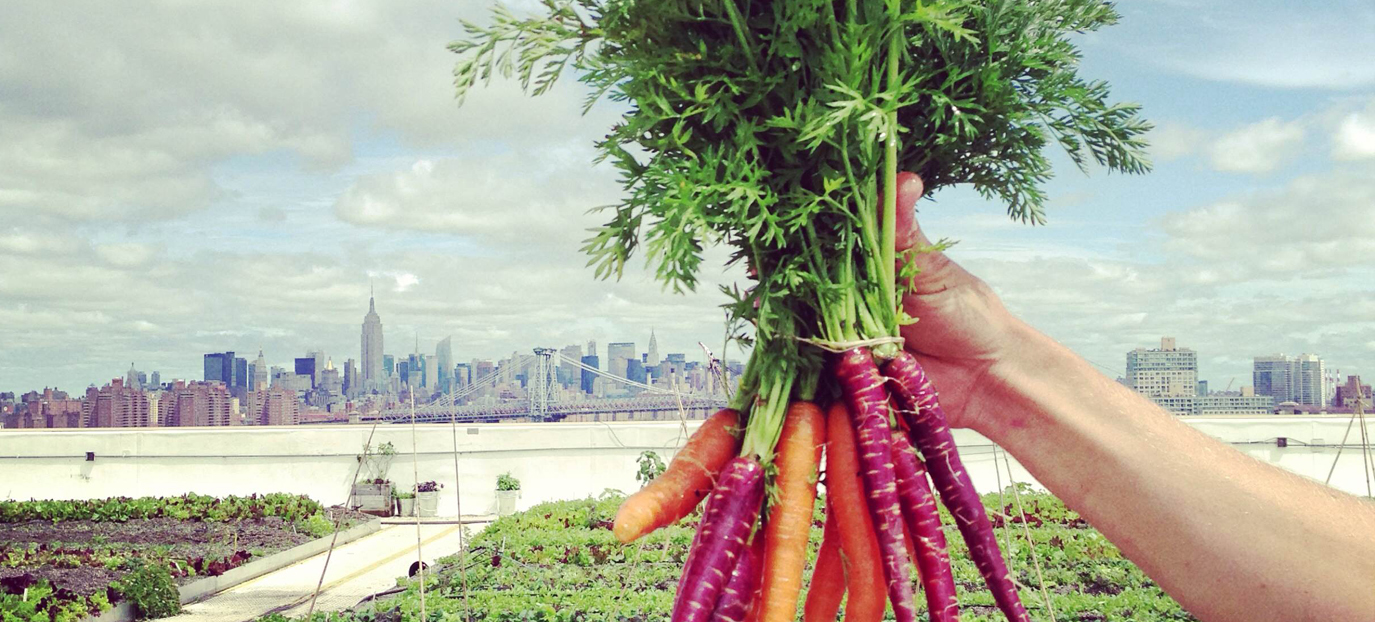
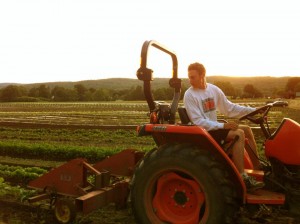 Learn what you can grow Up On The Roof, as Bradley Fleming, Farm Manager at Brooklyn Grange Farm explains how urban agriculture is taking hold on a tall building near you. Find out what grows best on a city roof, and how it helps both the environment and adds to the sustainability of NYC. Go to www.brooklyngrangefarm.com for more info.
Learn what you can grow Up On The Roof, as Bradley Fleming, Farm Manager at Brooklyn Grange Farm explains how urban agriculture is taking hold on a tall building near you. Find out what grows best on a city roof, and how it helps both the environment and adds to the sustainability of NYC. Go to www.brooklyngrangefarm.com for more info.